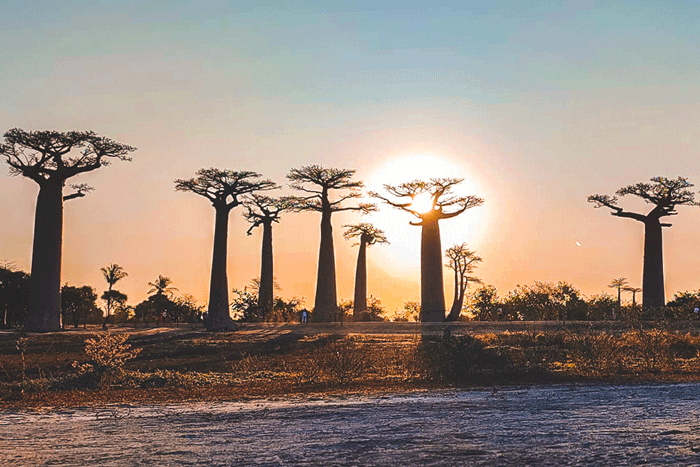Payment options in Madagascar
With payment options less diverse than those found in major cities in developed countries, good preparation and an understanding of local practices in Madagascar are essential to managing your finances effectively during your stay. This will help you identify the best alternatives for using your money wisely.
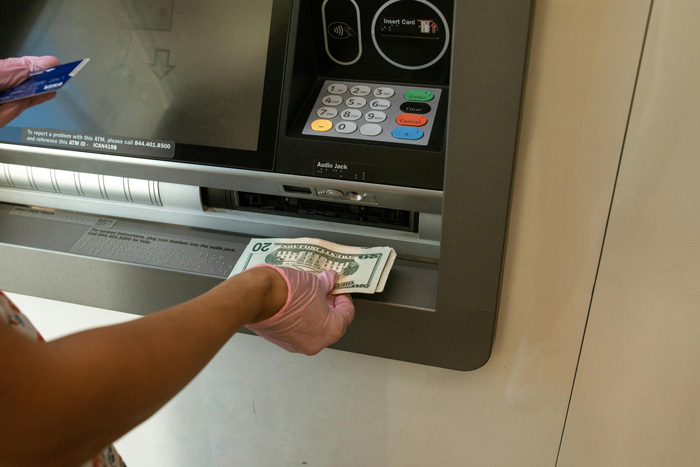
Local currency
However, it is important to note that the exchange rate may vary depending on the establishment or agency carrying out the exchange. We advise you to compare exchange rates carefully before carrying out any type of transaction.
If you are planning to make exchanges at local banks or exchange offices, we recommend that you take euros or dollars in cash with you, as this is the most practical way of exchanging money.
Credit Cards and Electronic Payments
Credit card payments are limited and mainly accepted in major hotels and restaurants, especially in large cities such as Antananarivo, Tuléar, Mahajanga, etc. Outside these cities, it is difficult to use your credit card.
Visa cards are more widely accepted and used in Madagascar than MasterCard and American Express. They can be used at any of the banks with ATMs in Madagascar’s major cities.
For ATM withdrawals, we recommend using Visa cards, although some machines also accept MasterCard. However, some ATMs may be faulty or have network problems. So it’s a good idea to check the reliability of the ATM and ask the security guards or staff in charge to avoid long waiting times.
Cash Withdrawal and Currency Exchange
Foreign exchange counters are available at Ivato international airport and in some of Madagascar’s larger cities. Banks including MCB and BNI also provide foreign exchange services, although conditions and rates may vary from one bank to another.
We strongly advise against exchanging money on the black market, such as Analakely or Tsaralalana in Antananarivo, due to the risks involved.
Practical Tips
Take plenty of cash with you when travelling outside the major cities, as electronic payment options are limited. It is also advisable to carry a small amount of money for gratuities. In Madagascar, gratuities are frequently seen as a second source of income for locals in compensation for their small services.
Always keep your exchange and cash receipts, as you may need them when you leave the country.
Check with your bank about fees for international transactions and daily withdrawal limits.
Haggling is common, especially in markets and with taxi drivers. It is part of the commercial culture in Madagascar.
Ask your guide or travel agency about local prices to avoid overpaying for goods and services.
Need assistance?
Do not hesitate to contact our Madagascar specialists
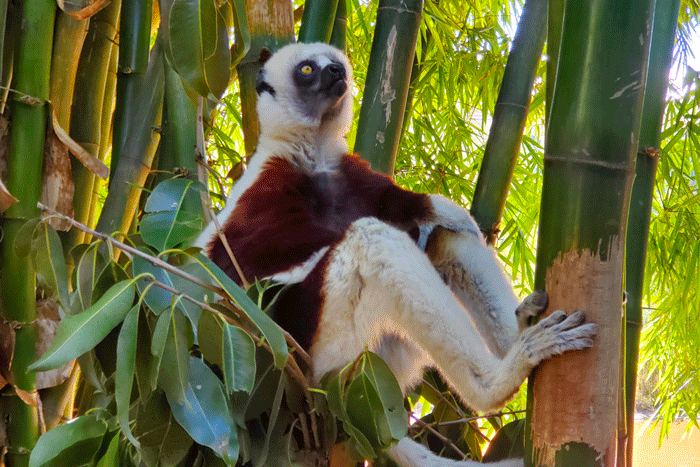
Lemurs Meeting
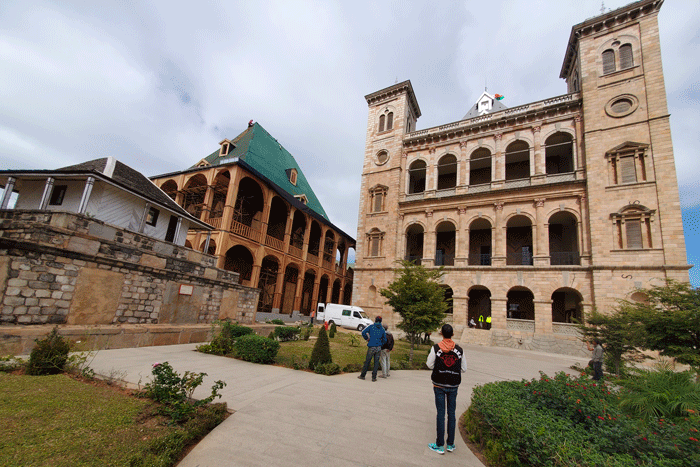
Antananarivo day tour
Other travel guides that may help you

Madagascar's lemurs
Lemurs are primates found only in Madagascar. They are distinguished by their large, expressive eyes.
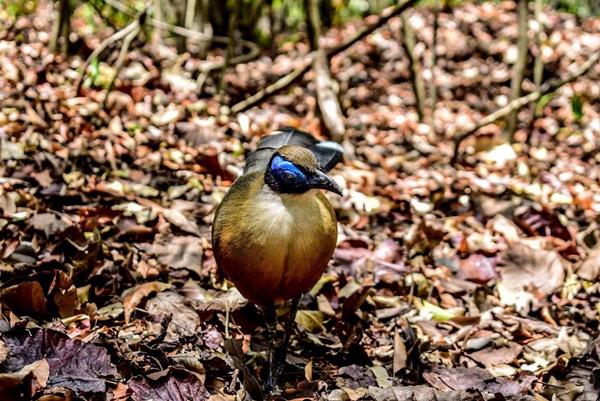
Madagascar's birds
Madagascar is home to more than 280 species of birds, although not as many as in other countries.
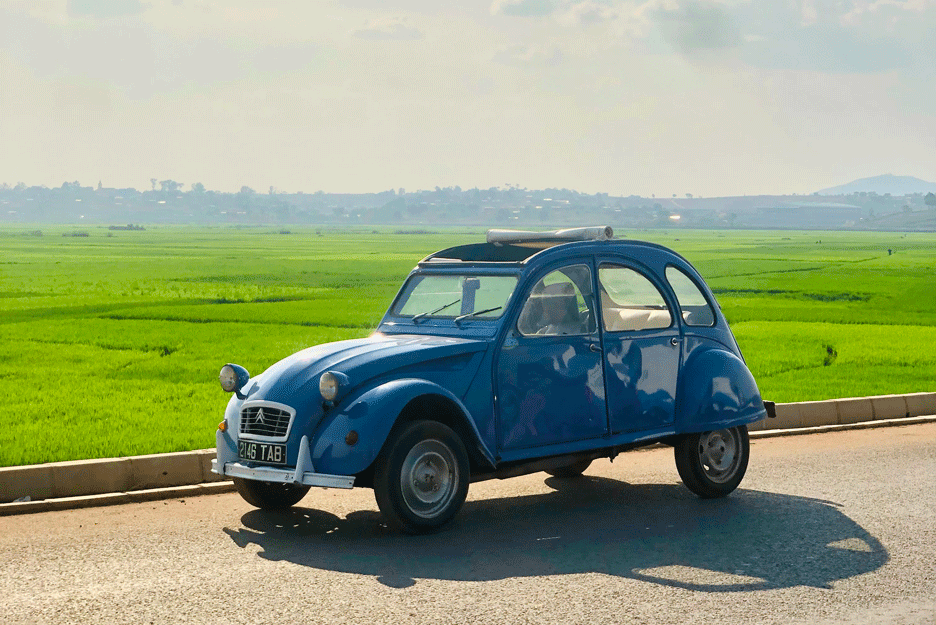
Public Transport in Madagascar
Madagascar has different types of public transport that could be useful to you.

